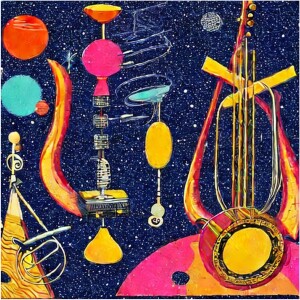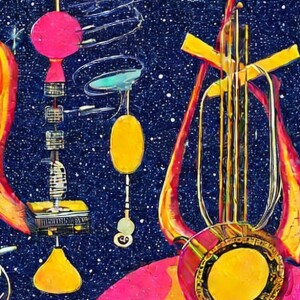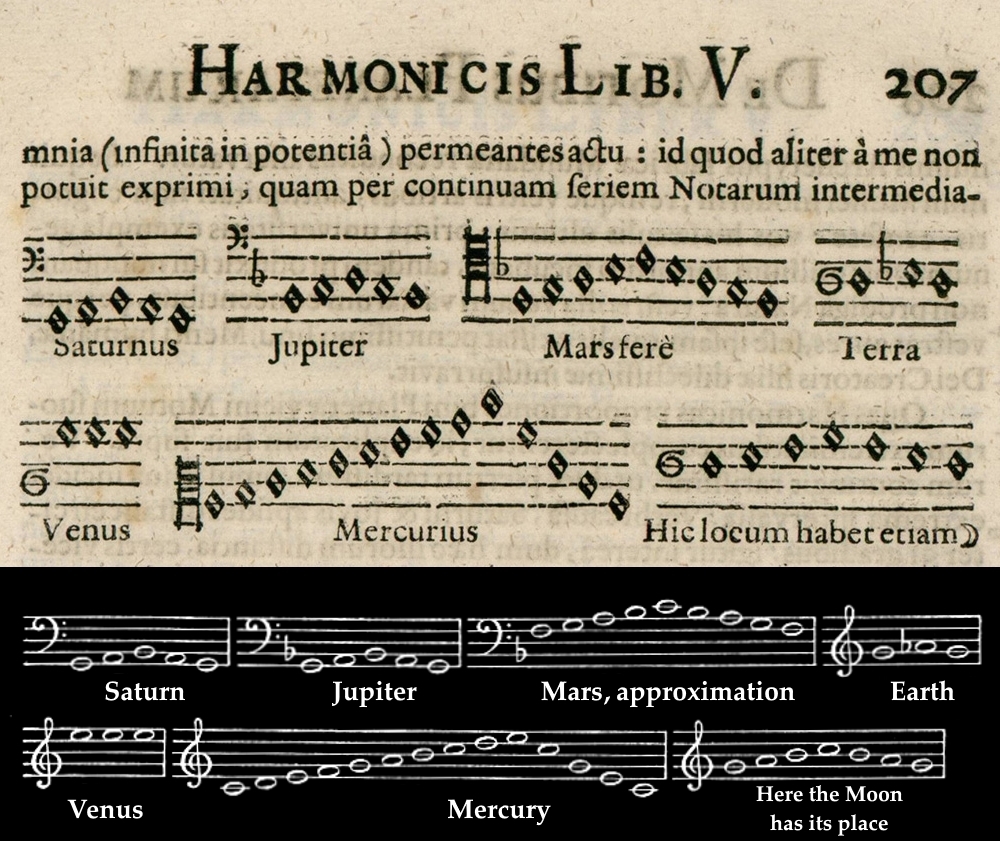Episodes

Monday Jul 03, 2023
Monday Jul 03, 2023
The idea that music and the cosmos are intrinsically connected has very deep roots in many human cultures. In Western cultures, one of the most long-lasting ways that this relationship manifest was in the Quadrivium. These four "number arts" were the ancestors of modern sciences and consisted of arithmetic, geometry, music, and astronomy. Learning how number and numerical relationships worked across these disciplines allowed educated individuals to see the inherent order, or "harmony," of nature. It is no wonder that many great astronomers from antiquity to the 18th century, from Ptolemy to Kepler and beyond, wrote treatises on both music and astronomy. In this episode we discuss some of the implications of this education system both on scientific thinking during its time and on our modern education systems.
References
Miranda Lundy et. al., Quadrivium: The Four Classical Liberal Arts of Number, Geometry, Music, & Cosmology
Orbital Resonance
Peter Pesic and Alex Volmar, "Pythagorean Longings"
Eugene Wigner, "The Unreasonable Effectiveness of Mathematics in the Natural Sciences"

Sunday Jun 04, 2023
Sunday Jun 04, 2023
Musician and film star Janelle Monáe began her catapult to fame with her five suite and three album "Metropolis" series, which builds a wonderfully rich futuristic universe, chock full of references that situate it within the traditions of science fiction, Afrofuturism, and music of all genres. In this episode, we focus on the first iteration of this series, the 2007 E.P. "Metropolis: The Chase Suite." This E.P. introduces the main character and conflict of the story: Android Cindi Mayweather has transgressed the laws of her society by falling in love with a human, and now must face life on the run. This work provides inspiration for discussions about imaginations of the future, ethics of technology, the importance of the physical media of albums, and of course, robot love.
References
Janelle Monae, "Many Moons" Short Film
Sesame Street, Pinball Sequence

Friday May 05, 2023
Friday May 05, 2023
The gorgeous and strange first movement of Beethoven's piano sonata Op. 27 No. 2 is one of the most popular piano pieces of all time, but there are many secrets that lie below its placid surface. We discuss some of the ways that the piece evokes moonlight and nocturnal landscapes.
References
The recording we used was played by Malcolm Bilson from "The Complete Piano Sonatas Played on Historical Instruments"
Sarah Waltz, "In Defense of Moonlight"
Tom Beghin, "Beethoven's Mondschein Sonata"

Thursday Apr 06, 2023
Thursday Apr 06, 2023
The anticipated second half of our Star Trek themes discussion! We get very excited about The Next Generation, and then get very opinionated about Enterprise and Discovery, while ultimately finding some redemptive qualities about them.

Tuesday Mar 07, 2023
Tuesday Mar 07, 2023
What is a more iconic space art than Star Trek? As both Meredith and Gabe are Star Trek nerds, we thought it a fitting beginning to our frontier into this podcast series. While of course music is omnipresent in the franchise in underscoring and even musical-themed episodes, we focus for now on the theme songs, discussing how they are put together and what they reflect about the themes and ideas of The Original Series, Deep Space Nine, and Voyager.

About the Podcast
From the Music of the Spheres to astronomical data sonification, music and outer space have always seemed to have a special affinity in human cultures. While of course sound cannot travel through the airless stretches of space, nevertheless we cannot help but think about what space sounds like. Cosmophonia exists to highlight the ways in which we earthlings have brought together sound arts and the universe at large.
Meredith Michael is a music historian specializing in musical mythologies of outer space.
Gabriel Lubell is an astronomer, composer, and music theorist.
Zap us an email at admin @ cosmophonia.com
You can find us on Twitter at twitter.com/cosmophoniapod









